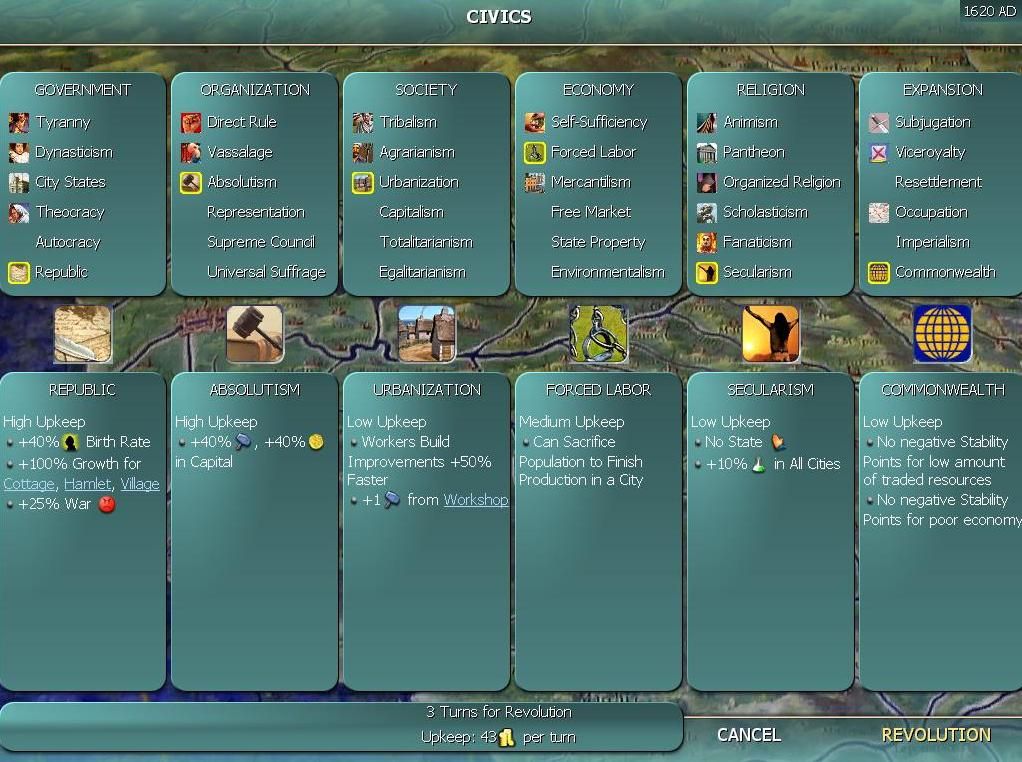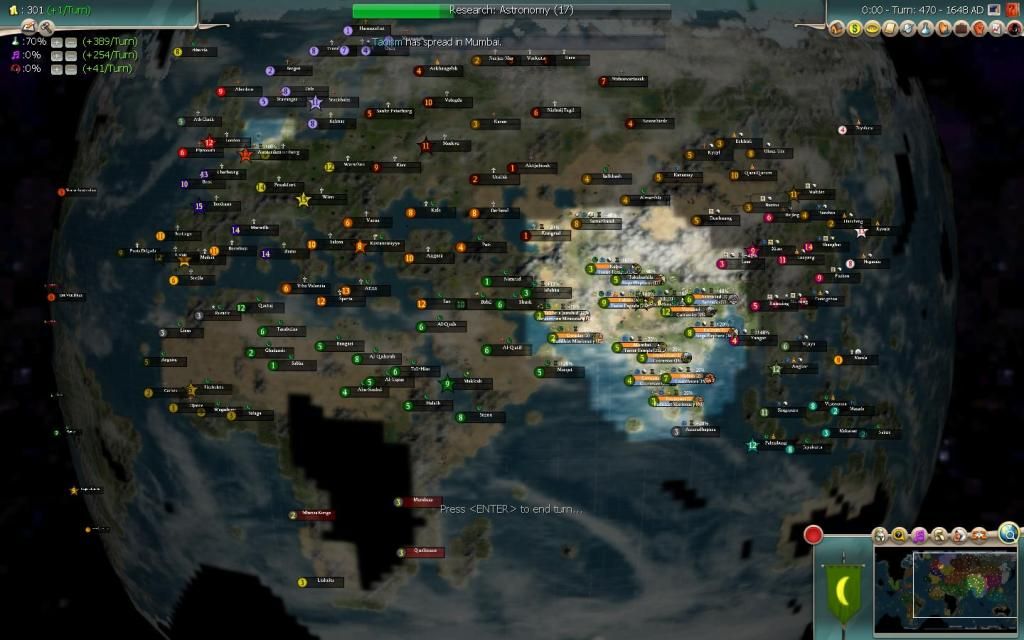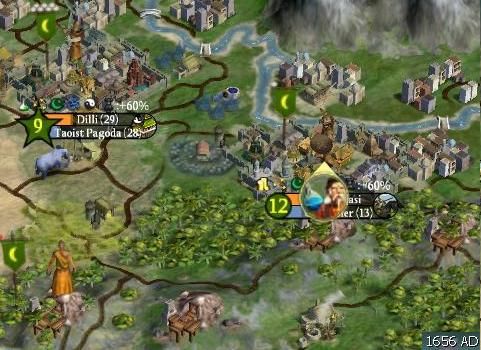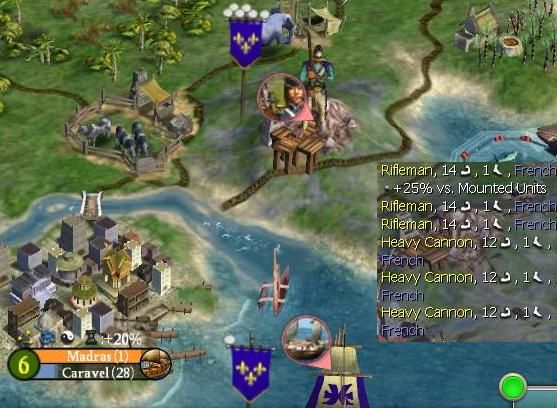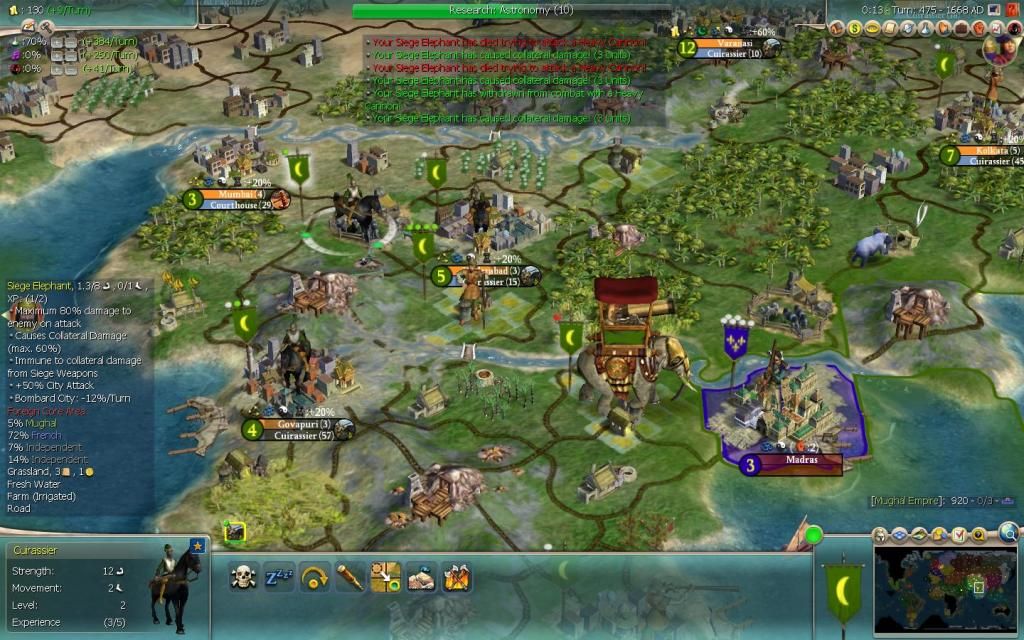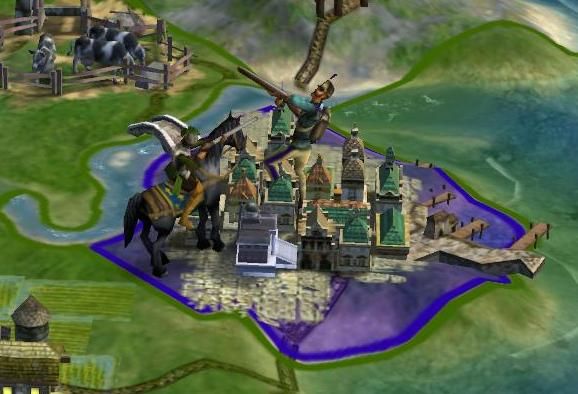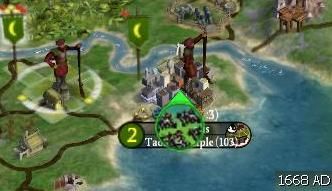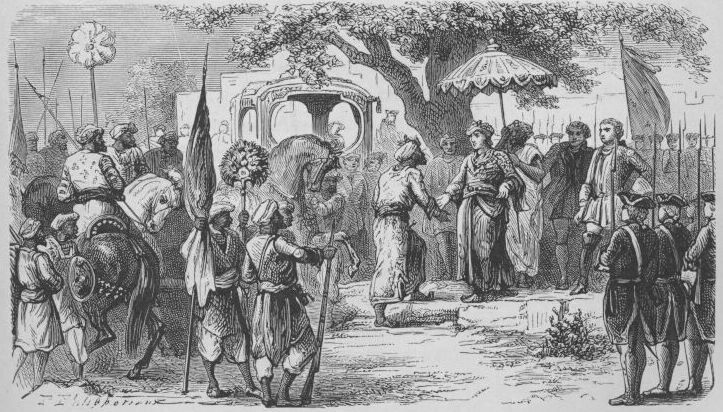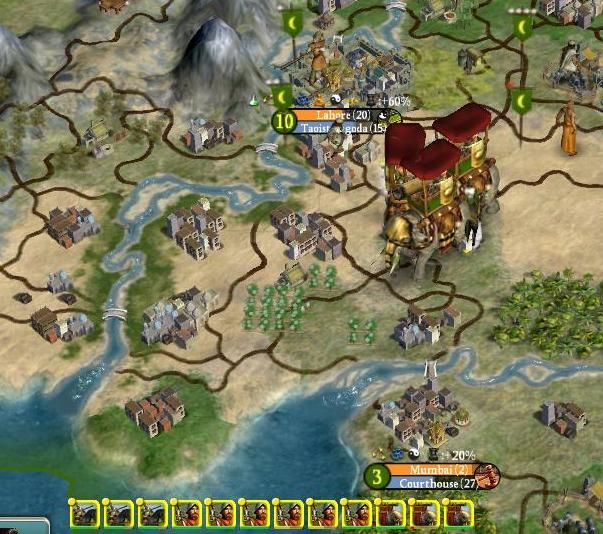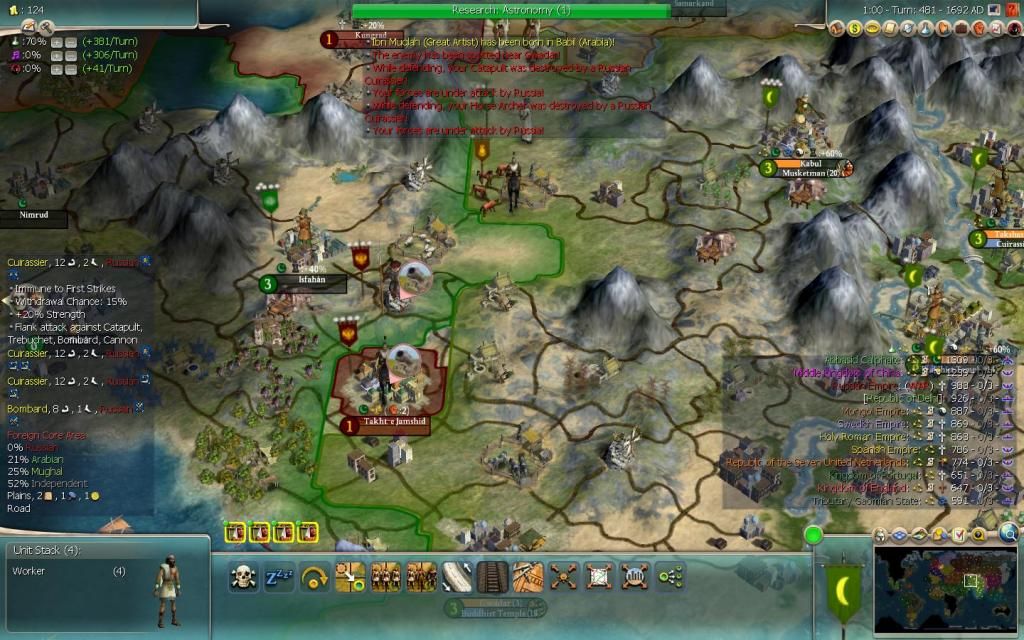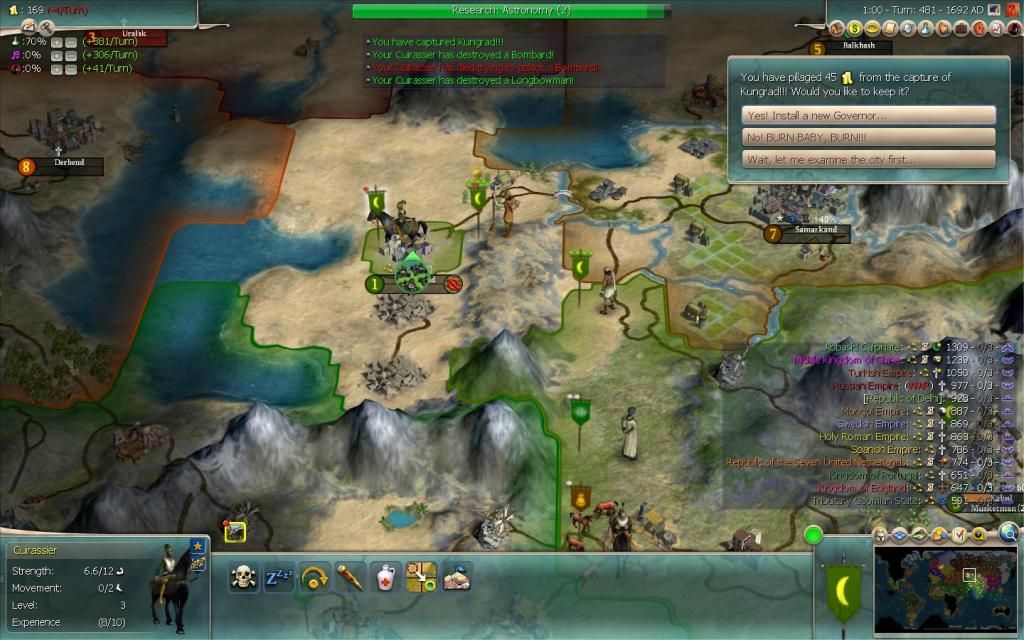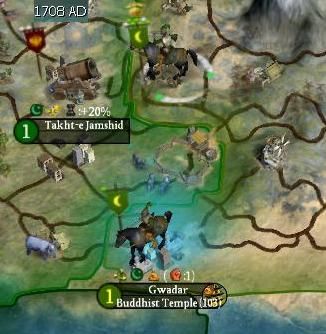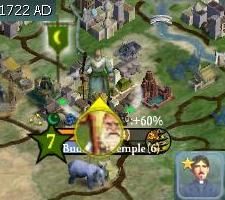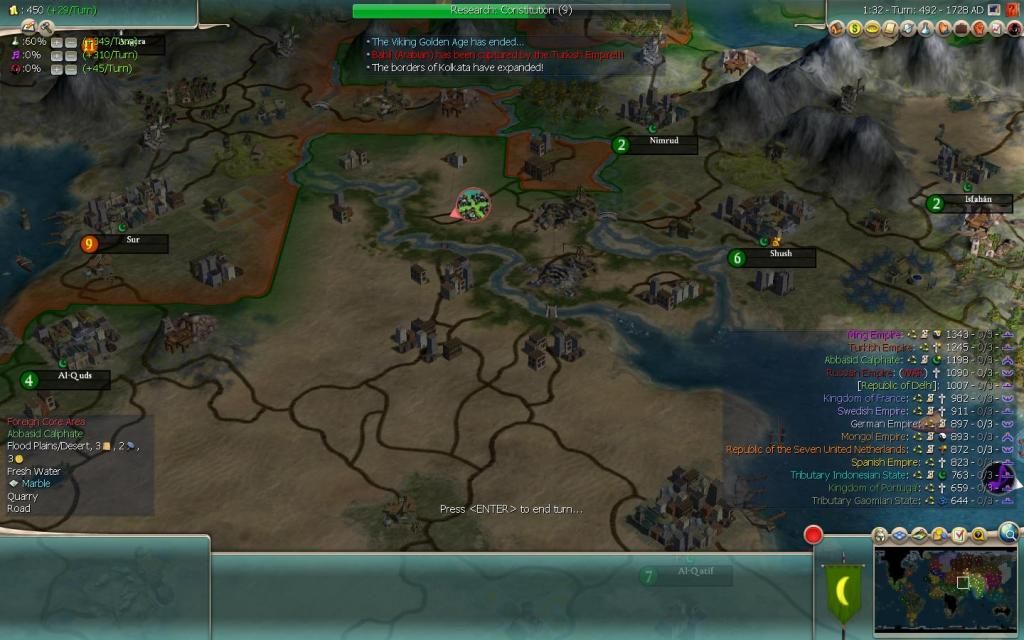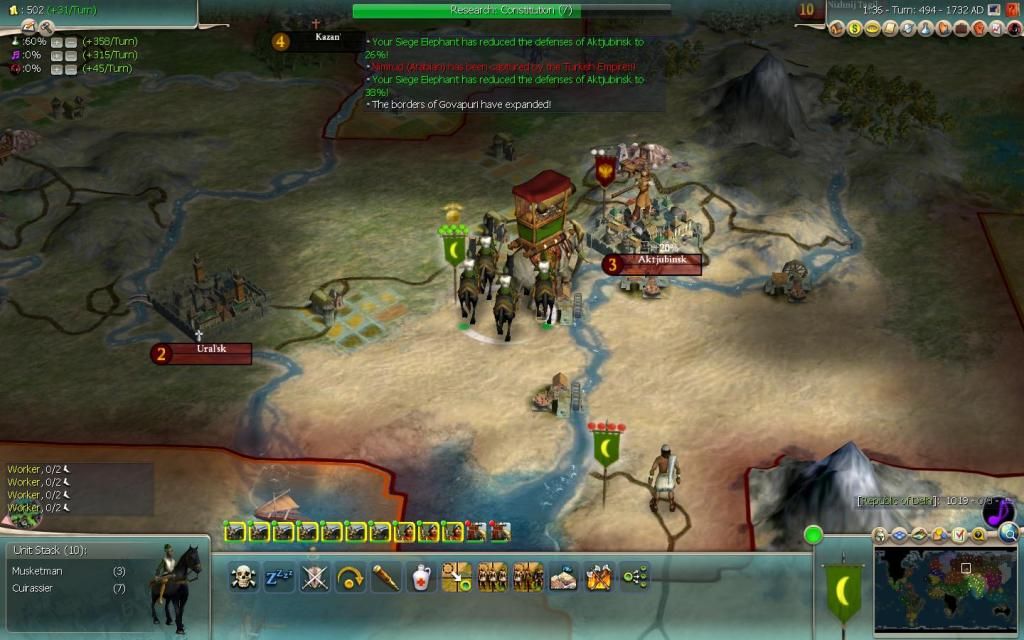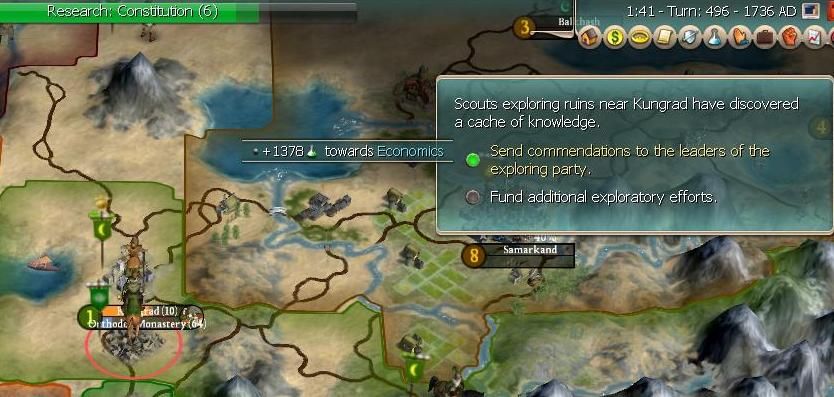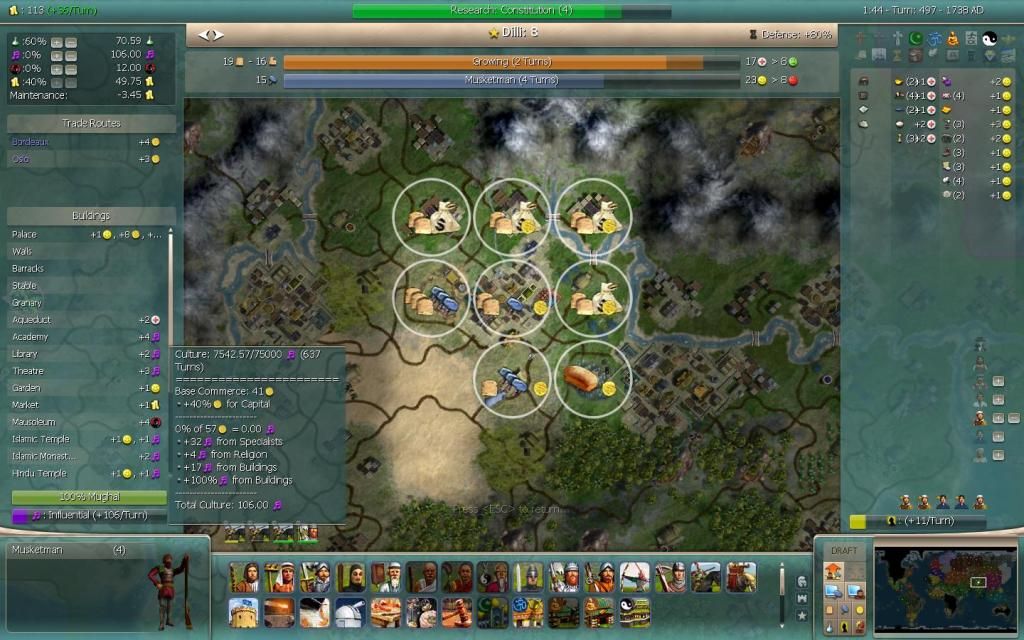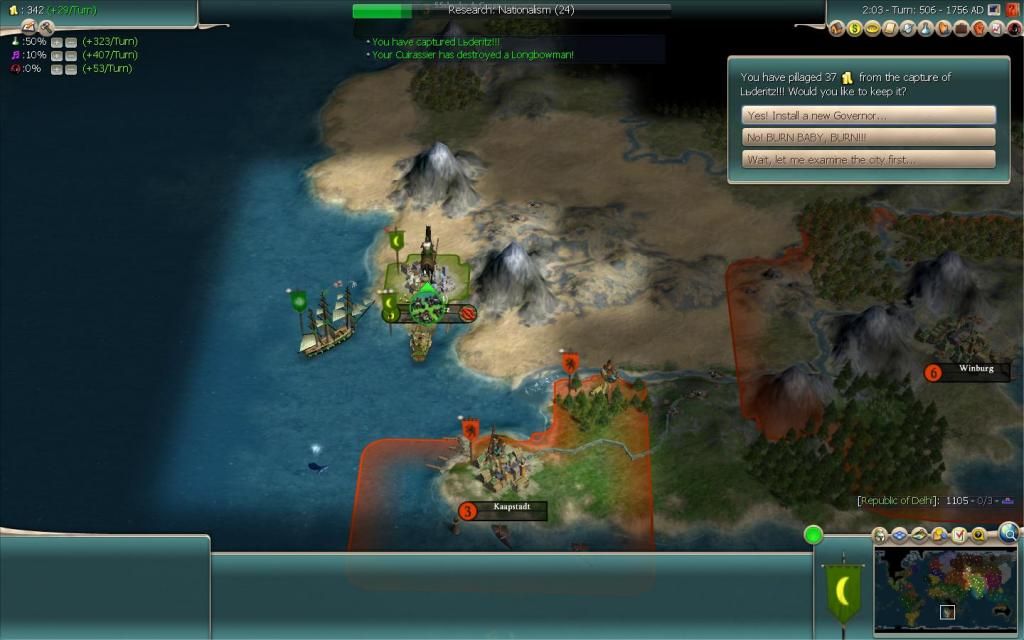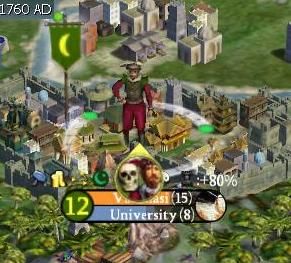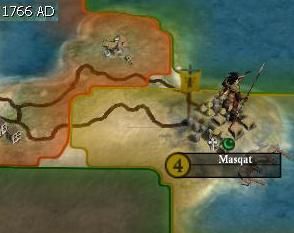Lone Wolf
Deity
- Joined
- Dec 4, 2006
- Messages
- 9,908
There's a kingdom in the land of Franks that we didn't know about until now. It's located on a island and is quite weak. Its people have to reputation of stingy traders and are quite greedy for gold, but even other Franks consider them to be simple and unsophisticated in all non-money related respects.
- A Mughal traveller on the English.

The years of Padishah Jelal-ud-Din's rule were later considered the Golden Age of the Mughal realm. He sponsored major institutions of learning all over the land, while spending lavish sums on the temples off all faiths, whether Muslim, Hindu or Taoist. He was surrounded by a circle of "enlightened philosophers" that promoted doctrines of religious syncretism and fought against intolerance and primitive superstitions.
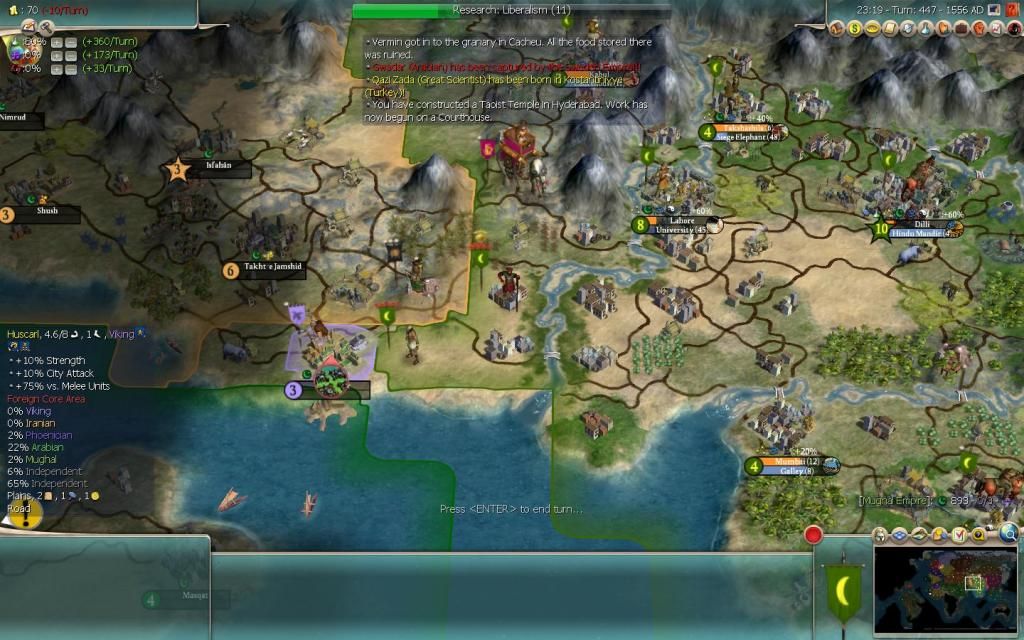
From the very beginning We were inclined to not focus Our attention on the difference between various beliefs, considering all peoples to be servants of God. God's grace rests on all faiths, and it's necessary to focus all Our efforts to reach the ever-blooming gardens of peace for everyone.*
- Jelal-ud-Din, in a letter to the Shah of Iran.
Islam and non-Islam are the same in the eyes of those who are truly free.
We hold similar attitudes both to Kaaba and to the Temple,
For Kaaba and Temple are just that - stones.
- Fazla Faizi, court poet of Jelal-ud-Din.
The Padishah's court philosophers emphasised the absolute power of the Mughal ruler, the standing of his government above all religions. They insisted that reason, not dogma should guide the government's actions.
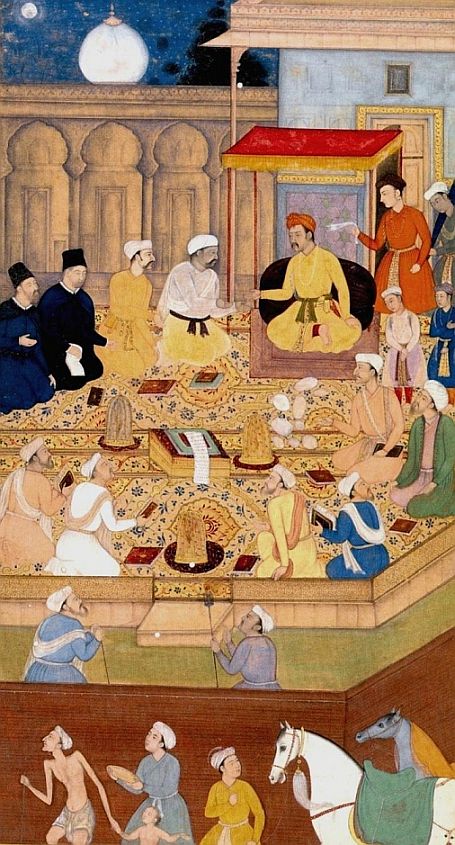
Jelal-ud-Din debates with representatives of all religions.
Not everyone liked the new Padishah's religious approach. When Faizi died, orthodox Muslim historian Badauni wrote the following:
Godless Faizi died, decent people remarked:
"A disgusting dog had left that world".
To avoid more resistance to his autocratic approach and his religious policies, Jelal-ud-Din needed military conquests. Knowing that Scandinavian war bands who by rivers descend south to Persia and pillage its towns are widely hated, he attacked them, incorporating all territories his armies passed though to his realm, redistributing the conquered lands among the aristocracy.
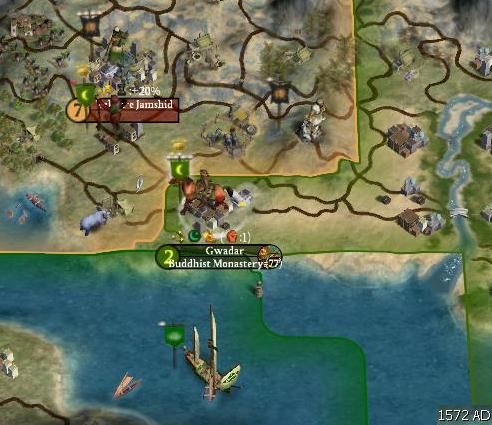
When the Iranian Shah demanded the return of his lands, Jelal-ud-Din denied his request, continuing his advance into Iran. Takht-e-Jamshid was taken by Mughal armies. However, Northern Iran was better defended, so the Padishah declined to act against it, knowing that Iran wouldn't survive the conflict with Arabia, anyway.
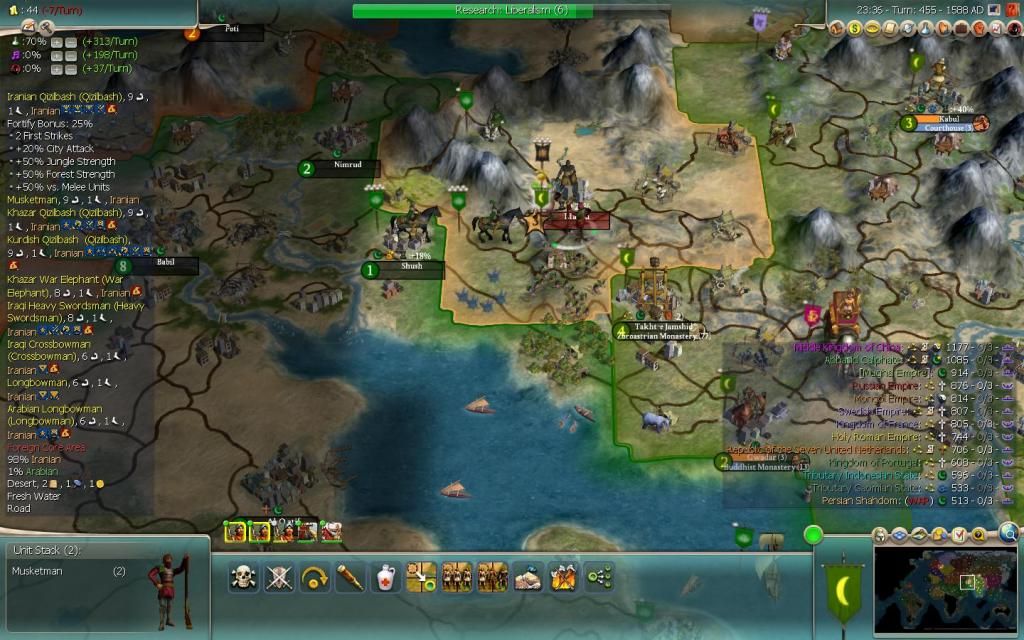
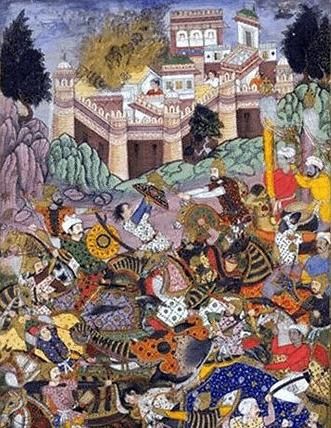
A miniature depicting Jelal-ud-Din's army.
Jelal-ud-Din's reign saw the revival of Buddhism in India. This revival was patronized by the Padishah himself.
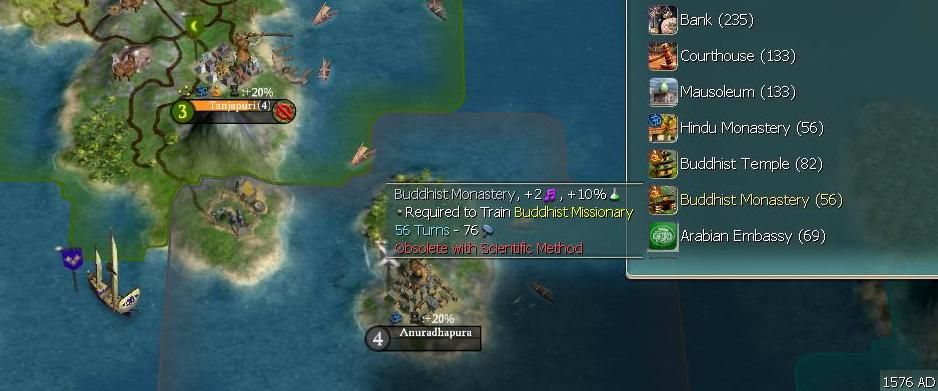
When more roving Scandinavian bands came from the North, it was time to sign peace with them. The wars were certainly profitable for the Padishah. Many enemies of his died in these wars - according to Badauni, this was not accidental.
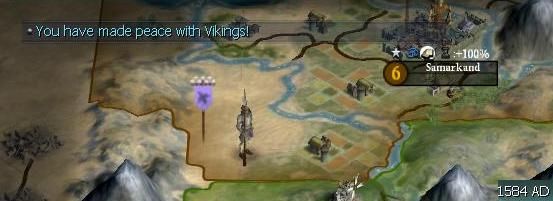
_____________________________
*Jelal-ud-Din is, of course, Akbar-inspired (this was one of his names) and he indeed wrote this. Direct quotes from Fazla Faizi (aka Shaikh Abu al-Faiz ibn Mubarak) and Badauni are also authentic (I even didn't bother to change the names).
- A Mughal traveller on the English.
Spoiler :

The years of Padishah Jelal-ud-Din's rule were later considered the Golden Age of the Mughal realm. He sponsored major institutions of learning all over the land, while spending lavish sums on the temples off all faiths, whether Muslim, Hindu or Taoist. He was surrounded by a circle of "enlightened philosophers" that promoted doctrines of religious syncretism and fought against intolerance and primitive superstitions.
Spoiler :

From the very beginning We were inclined to not focus Our attention on the difference between various beliefs, considering all peoples to be servants of God. God's grace rests on all faiths, and it's necessary to focus all Our efforts to reach the ever-blooming gardens of peace for everyone.*
- Jelal-ud-Din, in a letter to the Shah of Iran.
Islam and non-Islam are the same in the eyes of those who are truly free.
We hold similar attitudes both to Kaaba and to the Temple,
For Kaaba and Temple are just that - stones.
- Fazla Faizi, court poet of Jelal-ud-Din.
The Padishah's court philosophers emphasised the absolute power of the Mughal ruler, the standing of his government above all religions. They insisted that reason, not dogma should guide the government's actions.

Jelal-ud-Din debates with representatives of all religions.
Not everyone liked the new Padishah's religious approach. When Faizi died, orthodox Muslim historian Badauni wrote the following:
Godless Faizi died, decent people remarked:
"A disgusting dog had left that world".
To avoid more resistance to his autocratic approach and his religious policies, Jelal-ud-Din needed military conquests. Knowing that Scandinavian war bands who by rivers descend south to Persia and pillage its towns are widely hated, he attacked them, incorporating all territories his armies passed though to his realm, redistributing the conquered lands among the aristocracy.

When the Iranian Shah demanded the return of his lands, Jelal-ud-Din denied his request, continuing his advance into Iran. Takht-e-Jamshid was taken by Mughal armies. However, Northern Iran was better defended, so the Padishah declined to act against it, knowing that Iran wouldn't survive the conflict with Arabia, anyway.
Spoiler :


A miniature depicting Jelal-ud-Din's army.
Jelal-ud-Din's reign saw the revival of Buddhism in India. This revival was patronized by the Padishah himself.

When more roving Scandinavian bands came from the North, it was time to sign peace with them. The wars were certainly profitable for the Padishah. Many enemies of his died in these wars - according to Badauni, this was not accidental.

_____________________________
*Jelal-ud-Din is, of course, Akbar-inspired (this was one of his names) and he indeed wrote this. Direct quotes from Fazla Faizi (aka Shaikh Abu al-Faiz ibn Mubarak) and Badauni are also authentic (I even didn't bother to change the names).
Last edited:


